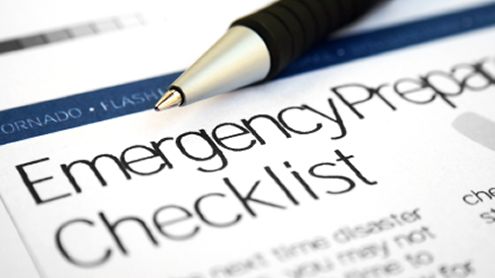THOUSANDS of Australian internet users are expected to be knocked offline on Monday when the impact of a virus released a year ago will be felt. The Australian Communications and Media Authority (ACMA) said it believed that up to 7,500 computers had been infected by the virus.
The ACMA has been working with international law enforcement authorities to monitor the virus’s progress in Australia ever since it was discovered in an FBI sting operation late last year.
It was disseminated from servers run by Estonian hackers as part of an online advertising scam and at the time it was estimated to have hit nearly 600,000 computers around the world.
The virus, dubbed “DNSChanger”, gave the hackers control over the computers, by changing internet access settings on infected computers.
Until now those computers have been able to rely on dummy servers set up by the FBI to continue accessing the internet. The FBI will turn off those servers at 2 pm Australian time next Monday.
In March, the ACMA set up web sites that would allow Australian internet users to test whether they had the virus. It is urging Australians to visit dns-ok.gov.au.
Warnings about the virus have been splashed across Facebook and Google, internet service providers have sent notices, and the FBI has also set up a special website.
About 50 Fortune 500 companies are believed to be among thousands of individual and company installations still infected by the virus.
According to the FBI, the number of computers that probably are infected is more than 277,000 worldwide, down from about 360,000 in April. About 64,000 still-infected computers are probably in the US.
The problem began when international hackers ran an online advertising scam to take control of more than 570,000 infected computers around the world. When the FBI went in to take down the hackers late last year, agents realised that if they turned off the malicious servers being used to control the computers, all the victims would lose their internet service.
In a highly unusual move, the FBI set up a safety net. They brought in a private company to install two clean internet servers to take over for the malicious servers so that people would not suddenly lose their internet.
And while it was the first time they’d done something like that, FBI officials acknowledged that it may not be the last, since authorities are taking on more of these types of investigations.
The temporary internet system they set up, however, will be shut down at 04.01 am GMT (1 pm AEST) on July 9.
Most victims don’t know their computers have been infected, although the malicious software probably has slowed their online surfing and disabled their antivirus software, making their machines more vulnerable to other problems.
But popular social networking sites and internet providers have gotten more involved, reaching out to computer users to warn of the problem.
According to Tom Grasso, an FBI supervisory special agent, many internet providers are ready for the problem and have plans to try to help their customers. Some, such as Comcast, already have reached out.
The company sent out notices and posted information on its website. Because the company can tell whether there is a problem with a customer’s internet server, Comcast sent an email, letter or internet notice to customers whose computers appeared to be affected.
Grasso said other internet providers may come up with technical solutions that they will put in place Monday that will either correct the problem or provide information to customers when they call to say their internet isn’t working. If the internet providers correct the server problem, the internet will work, but the malware will remain on victims’ computers and could pose future problems.
In addition to individual computer owners, about 50 Fortune 500 companies are still infected, Grasso said.
Both Facebook and Google created their own warning messages that showed up if someone using either site appeared to have an infected computer. Facebook users would get a message that says, “Your computer or network might be infected,” along with a link that users can click for more information.
Google users got a similar message, displayed at the top of a Google search results page. It also provides information on correcting the problem.
To check whether a computer is infected, internet users can also visit a website run by the group brought in by the FBI: http://www.dcwg.org.
The site includes links to respected commercial sites that will run a quick check on the computer, and it also lays out detailed instructions if users want to actually check the computer themselves.



 August 15, 2012
August 15, 2012 











